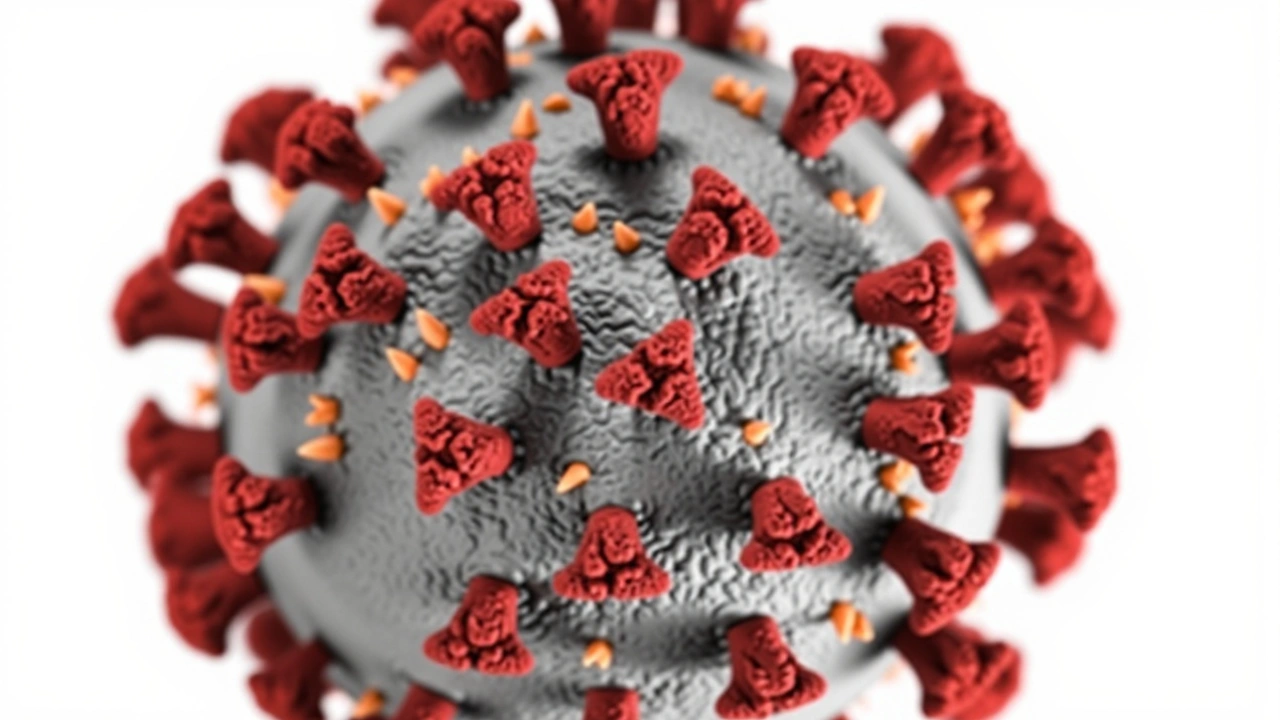Respiratory Illness: What You Need to Know
Respiratory illness covers conditions that affect your breathing and lungs, from the common cold to more serious diseases like pneumonia, bronchitis, or chronic obstructive pulmonary disease (COPD). These illnesses can spread easily and impact people of all ages, so it's important to know the symptoms and how to protect yourself.
Common symptoms include coughing, shortness of breath, chest discomfort, and sometimes fever. But not all respiratory illnesses are the same—some need quick medical attention especially if breathing becomes difficult or the fever doesn't go away. If you have existing health issues like asthma, the risks can be higher.
How to Protect Yourself and Others
Simple steps can lower your chances of getting sick or spreading illness. Wash your hands regularly, avoid close contact with people who are ill, and cover your mouth and nose when you cough or sneeze. It might sound basic, but these habits make a big difference.
Keep an eye on any updates about respiratory illness outbreaks, especially flu seasons or new virus strains that might appear. Staying informed helps you take the right precautions early on.
When to See a Doctor
If you notice severe cough, persistent fever, difficulty breathing, or chest pain, don’t wait — see a healthcare professional. Early treatment can prevent complications and get you back on track faster.
Many respiratory conditions can be managed well with the right care and lifestyle choices, so staying aware and proactive is your best bet.
Curious about the latest news on respiratory illnesses around Africa and globally? Follow ongoing updates for trustworthy information and helpful advice.






